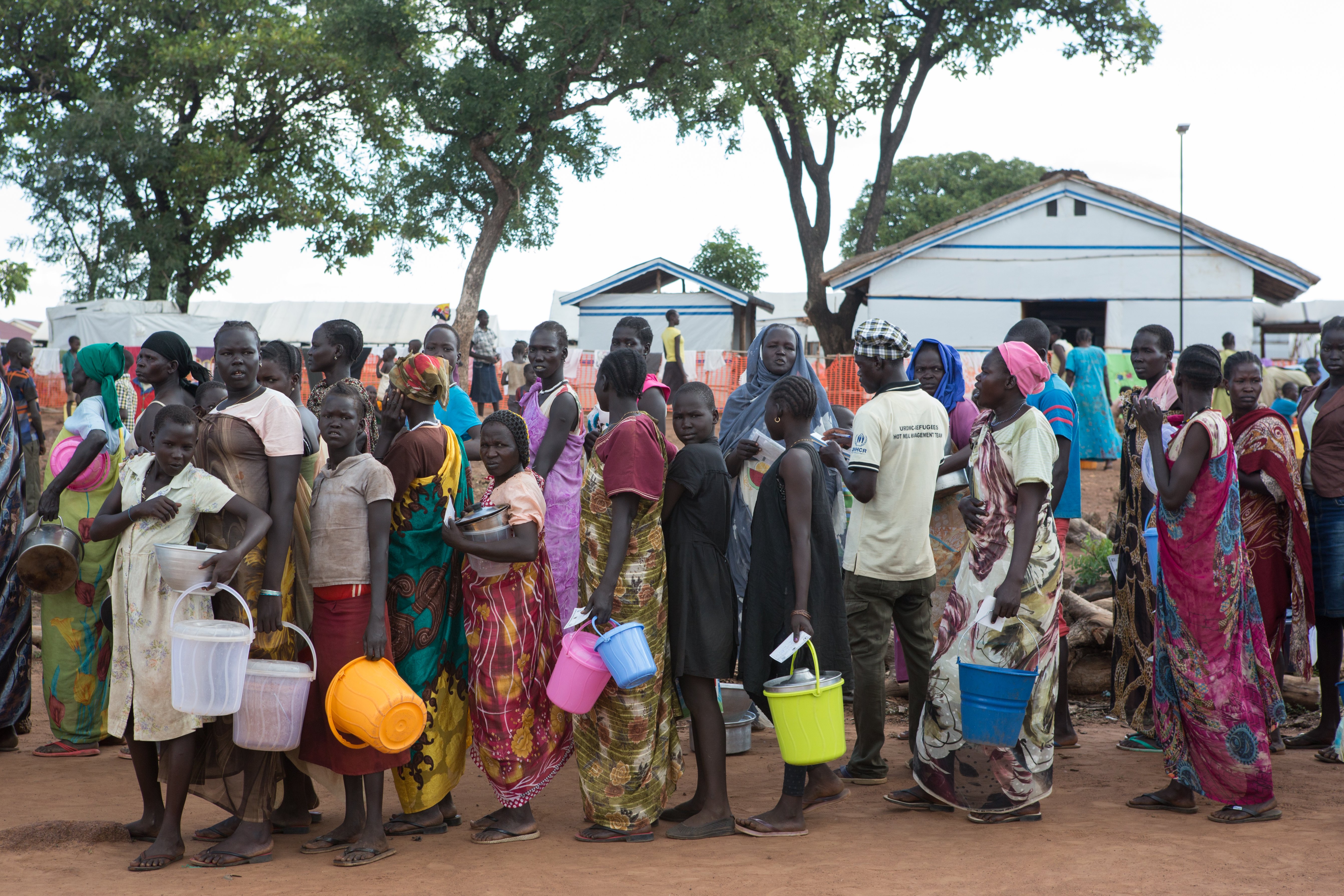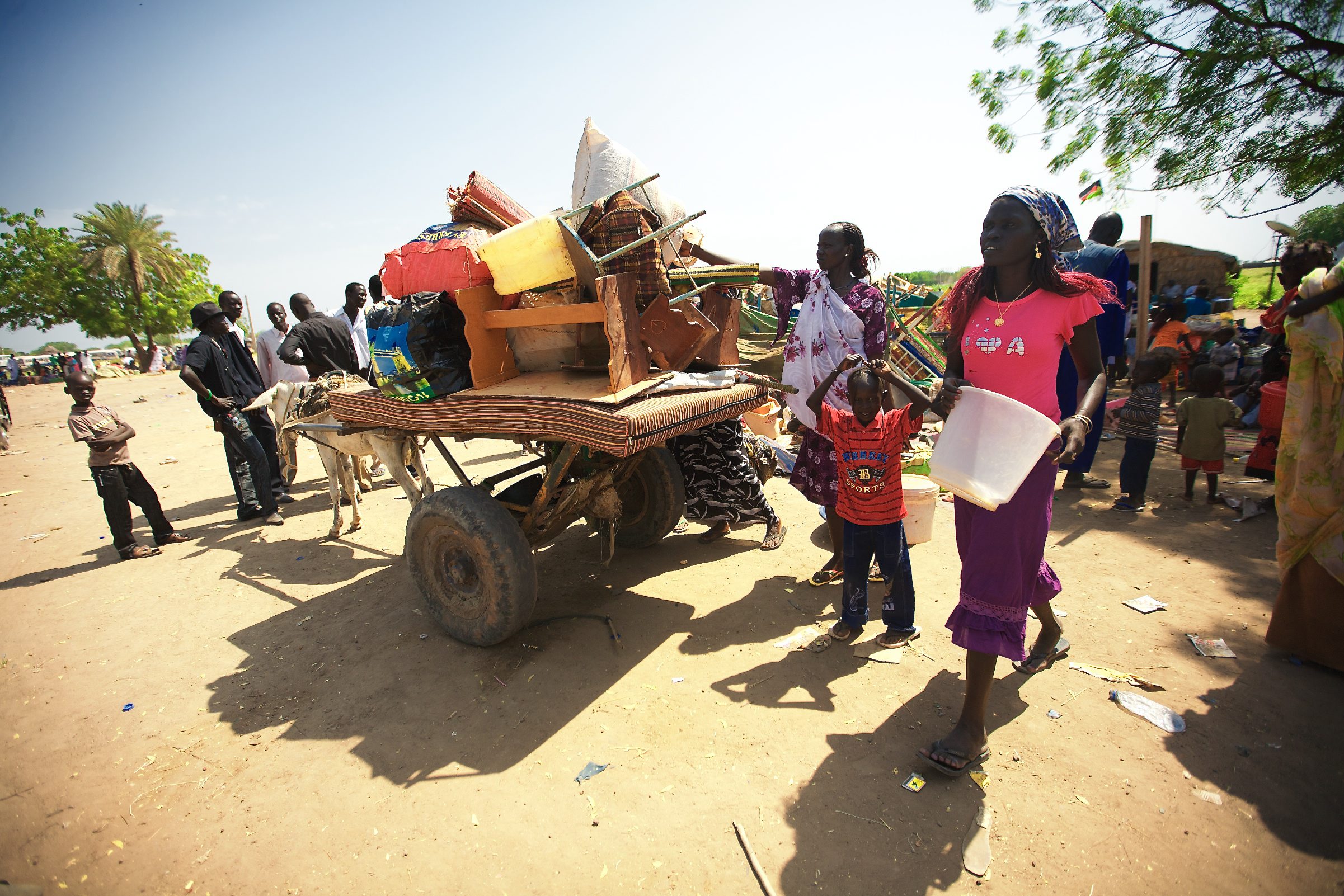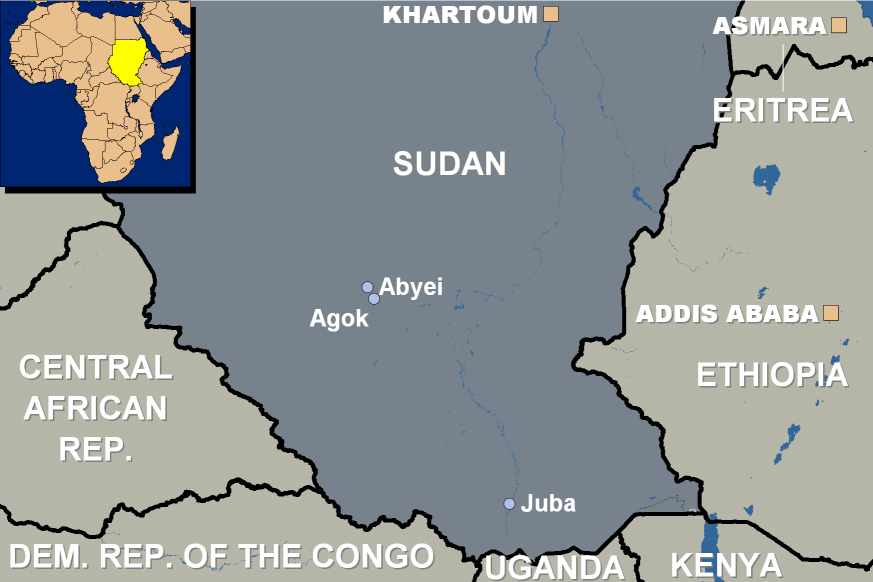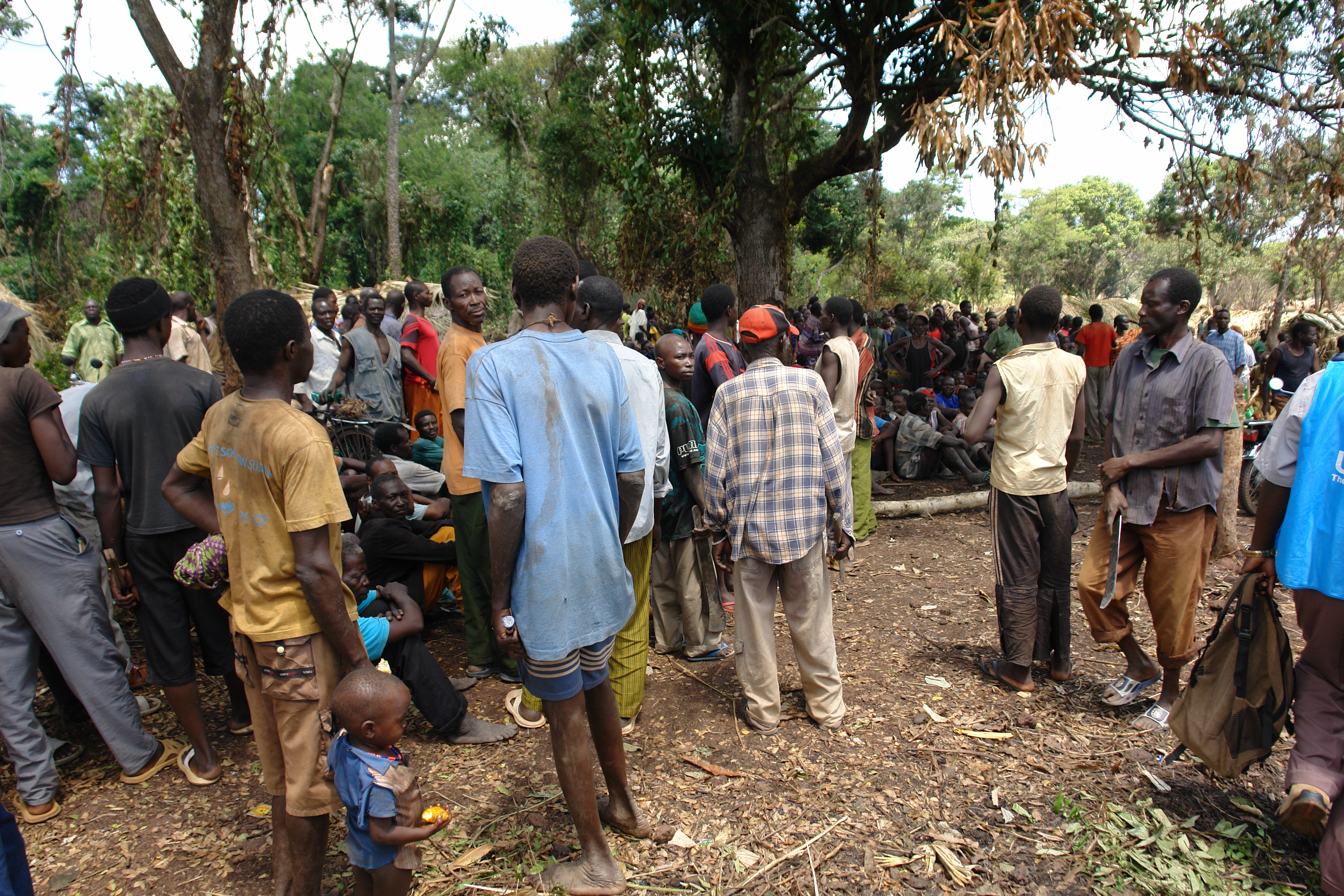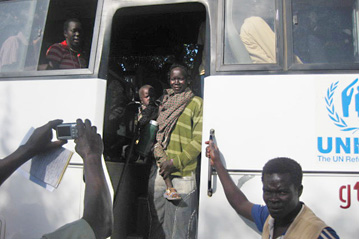South Sudan repatriation outlook
South Sudan repatriation outlook
The first groups of refugees who went home to South Sudan with UNHCR's help over the weekend should be arriving in their home villages today - the first of about 60,000 refugees we plan to bring home in the next five months as our organised repatriation gets underway.
The first three groups - a total of 131 people - returned to South Sudan with our assistance on Saturday from Kakuma Refugee Camp in north-western Kenya, where they had lived for up to 12 years. This marked the first official repatriation movement conducted by the UN refugee agency since a peace accord in January (2005) ended 21 years of civil war in Sudan.
We used two planes to fly 67 people to Bor in Jongley State, from where they walked to their nearby villages. We also took 20 people to Kapoeta and 44 to Chukudum - both in Eastern Equatoria - from where they walked four to six hours to reach their villages. All the refugees had advised us in advance that they had friends or relatives waiting for them who would help them transport their belongings to their home villages, which they left 10 to 20 years ago.
All the returnees were given household goods to help them re-establish their lives, and the World Food Programme (WFP) distributed rations to last six weeks. Because food is heavy for the refugees to carry, WFP will make a second distribution with larger amounts in January, by which time refugees should have a chance to organise transportation.
In addition to the first returnees, a further 1,600 refugees in Kakuma camp have signed up to return to South Sudan - mainly to the Upper Nile region - as soon as possible. During the dry season, which should last until about May, 2006, we expect to help about 10,000 South Sudanese refugees to return from Kakuma alone, and another 50,000 to return from refugee camps in six other neighbouring countries. January should see organised returns from the Democratic Republic of the Congo (DRC) and the Central African Republic, followed by returns from Ethiopia in February. We estimate it could take at least four years to help all refugees come back to South Sudan.
We stress that we are not promoting return of refugees yet, but are helping refugees repatriate if they ask us. The beginning of organised returns should send South Sudanese refugees a message to start thinking about whether the time is right for them to go home and start rebuilding their war-ravaged country.
In addition to the small and symbolic number UNHCR took home over the weekend, an estimated 75,000 refugees have demonstrated their faith in the future of South Sudan by coming home on their own so far this year, mainly from DRC.
The 21-year civil war in South Sudan sent more than half a million people into exile in refugee camps in seven neighbouring countries and displaced between four and six million within Sudan, including 2.5 million in the capital, Khartoum, alone.
UNHCR's South Sudan repatriation operation has been underfunded this year, with only US$50.16 million received for needs of US$76.3 million. We hope with the repatriation now underway and refugees keen to return home, that donors will be generous with their support in 2006.
The main asylum countries for refugees from South Sudan are Uganda (204,400), Ethiopia (90,500), Kenya (74,000), Democratic Republic of the Congo (69,400), Central African Republic (36,000) and Egypt (30,324).

